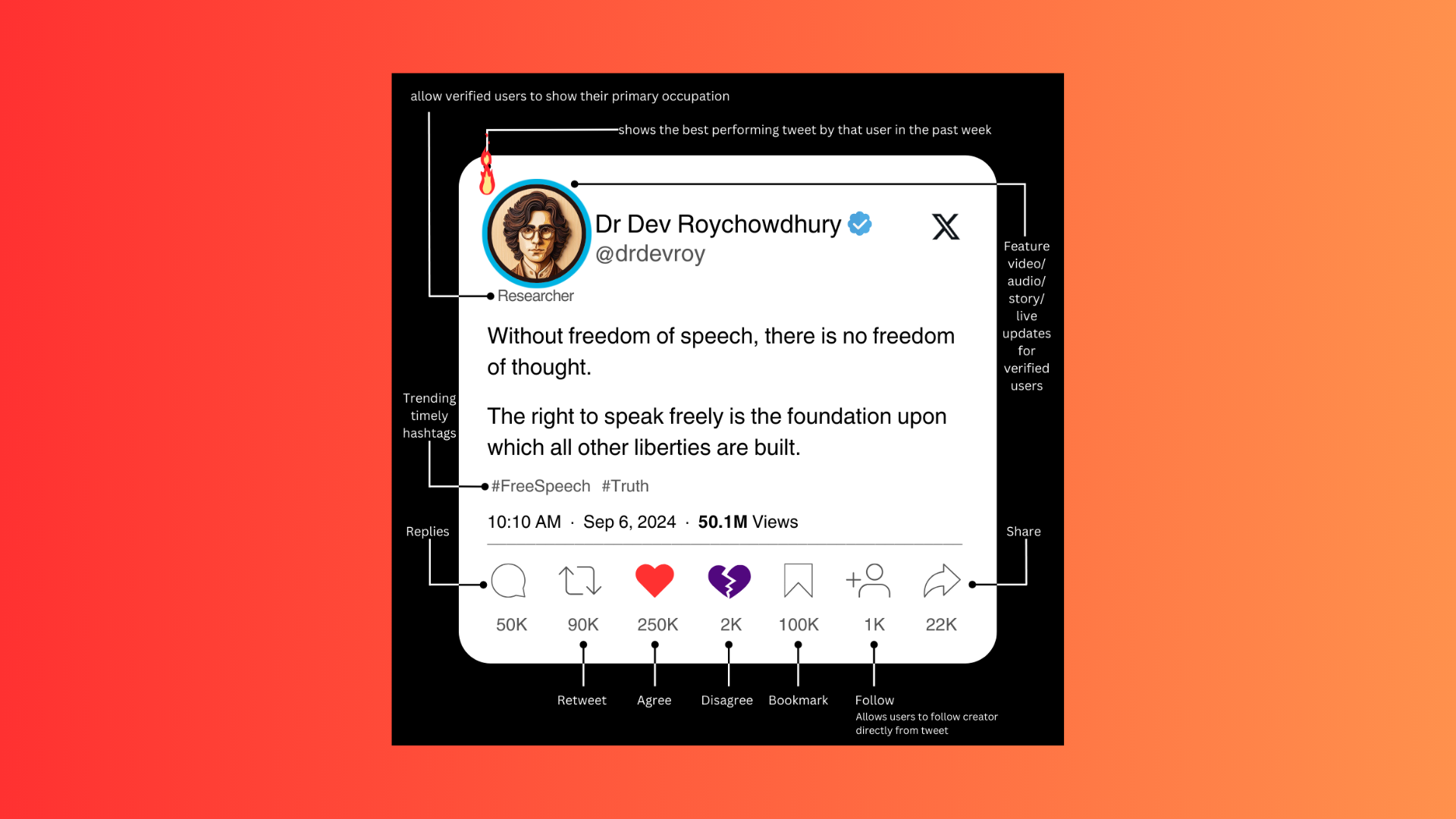For years, mental health challenges were shrouded in mystery. We often felt lost, attributing our struggles to fate or an imbalance of chemicals in the brain. But what if the key to unlocking emotional well-being resided not in external forces, but within our own thought patterns? This is the revolutionary premise behind cognitive therapy, a powerful approach in psychotherapy that empowers individuals to take charge of their mental health.
Understanding the Roots of Cognitive Therapy
The story of cognitive therapy begins with Dr. Aaron T. Beck, a psychiatrist who, in the 1960s, embarked on a path-breaking journey. Dissatisfied with traditional psychoanalysis, he observed a fascinating pattern: his depressed patients harboured distorted and negative thinking patterns. This sparked a crucial question – could these negative thought patterns be contributing to, or even causing, their depression?
Dr. Beck's relentless exploration led to the development of the cognitive model, the cornerstone of Cognitive Therapy. This model posits that our thoughts, emotions, and behaviours are intricately interconnected. Events in our lives trigger automatic thoughts, which in turn influence our emotions and how we choose to act. However, these automatic thoughts aren't always accurate or helpful. Sometimes, they can be distorted and lead to negative emotions and unhelpful behaviours.
Core Principles and Assumptions of Cognitive Therapy
- Automatic Thoughts: At the heart of Cognitive Therapy lies the concept of automatic thoughts. These fleeting mental whispers — often negative and distorted — shape our emotional experiences. Identifying and dissecting these thoughts is akin to unravelling the threads of a tangled emotional tapestry.
- Cognitive Distortions: Our minds are master illusionists, conjuring distortions that warp reality. Catastrophizing, black-and-white thinking, and mind reading — these cognitive gremlins sabotage our well-being. Cognitive Therapy aims to expose these distortions and replace them with balanced, evidence-based alternatives.
- Core Beliefs: Imagine our minds as ancient libraries, housing core beliefs etched into our cognitive architecture. These beliefs — about ourselves, others, and the world — act as silent puppeteers, pulling the strings of our emotions. Cognitive Therapy seeks to identify and challenge these foundational scripts.
- Collaborative Exploration: The professional and client become intrepid explorers, navigating the labyrinth of thoughts together. Through Socratic questioning, they unearth hidden assumptions, test their validity, and rewrite cognitive narratives.
Applications of Cognitive Therapy
The beauty of cognitive therapy lies in its versatility. It can be applied to a wide range of mental health challenges, including:
- Depression: Cognitive Therapy helps individuals identify negative thoughts about themselves, the world, and the future. By challenging these distortions and developing more realistic perspectives, they can experience an improvement in mood and motivation.
- Anxiety Disorders: People with anxiety disorders often engage in excessive worry and catastrophic thinking. Cognitive Therapy helps them identify these thought patterns and develop skills for managing anxiety and fear.
- Eating Disorders: Unhealthy thoughts about food, weight, and body image are common in individuals with eating disorders. Cognitive Therapy can help them challenge these thoughts and develop a healthier relationship with food.
- Obsessive-Compulsive Disorder (OCD): OCD is often fuelled by intrusive thoughts and the need to engage in repetitive behaviours to manage anxiety. Cognitive Therapy helps individuals recognize and challenge these thoughts and develop coping mechanisms to resist compulsions.
A Case in Point: How Cognitive Therapy can help
Imagine Sarah, a young woman struggling with social anxiety. Social interactions trigger intense anxiety in Sarah, leading to automatic thoughts like "Everyone will judge me" or "I'll say something stupid". These thoughts fuel her anxiety, making her avoid social situations. In cognitive therapy, Sarah would work with her mental health professional to identify these automatic thoughts and assess their validity. They might explore evidence for and against these thoughts, and develop more realistic alternatives like "Most people are focused on themselves" or "Even if I make a mistake, it's not the end of the world". By challenging her cognitive distortions and developing coping skills for managing anxiety, Sarah can gradually regain confidence and participate in social situations without fear.
Benefits of Cognitive Therapy
Cognitive therapy empowers individuals to take charge of their mental well-being by equipping them with the tools to challenge unhelpful thinking patterns and cultivate a more balanced perspective. This newfound awareness and self-management skills can have a profound and lasting impact on their lives. Here are some key benefits:
- Increased Resilience: By learning to identify and challenge cognitive distortions, individuals become more adept at managing stress and navigating life's challenges. They develop a sense of resilience, enabling them to cope with setbacks without falling into negative emotional spirals.
- Improved Relationships: Unhealthy thought patterns can often strain relationships. Cognitive Therapy helps individuals communicate more effectively and build stronger connections by fostering a more positive and understanding outlook.
- Enhanced Self-Esteem: Negative self-beliefs can significantly impact self-esteem. Cognitive Therapy helps individuals develop a more realistic and compassionate view of themselves, leading to increased self-confidence and self-worth.
- Greater Life Satisfaction: By addressing underlying emotional distress and developing coping mechanisms, Cognitive Therapy empowers individuals to participate more fully in life's experiences. They can pursue their goals with greater motivation and experience a heightened sense of well-being.
Limitations of Cognitive Therapy
While cognitive therapy is a powerful tool, it's important to acknowledge its limitations. Here are some to consider:
- Focus on Cognition: Cognitive Therapy primarily focuses on changing thoughts and consequently behaviours. For some individuals, addressing deeper emotional issues or past traumas may also be necessary for complete healing.
- Time-Intensive: Cognitive Therapy demands patience. Unravelling cognitive knots takes time, and quick fixes are elusive. Individuals must be willing to invest in their mental well-being, understanding that transformation occurs in increments, not quantum leaps.
- Not a Panacea: While potent, it’s not a magic wand. Some issues require broader therapeutic approaches. Cognitive Therapy excels in treating conditions like anxiety disorders and depression. However, severe personality disorders or complex trauma may necessitate complementary modalities. And so, while Cognitive Therapy has demonstrated effectiveness in treating various conditions, it may not be the best fit for everyone. Some individuals may benefit more from other therapeutic approaches.
- Resistance: Some individuals may cling to their cognitive distortions like old friends. The mind, ever the cunning trickster, resists change. It whispers, “But what if your negative thought is true?” Professionals must waltz with this resistance, gently challenging it while honouring the client’s pace.
- Not a Quick Fix: Cognitive Therapy requires active participation and effort from individuals. It's not a "magic bullet" solution, and progress takes time and consistent practice.
A Practical Guide to Getting Started with Cognitive Therapy
If you're interested in exploring cognitive therapy, here are some practical steps you can take:
- Educate Yourself: Learn more about this therapy and its principles. Numerous resources such as books, online articles, and therapy websites offer valuable information.
- Seek a Qualified Professional: Find a trained professional trained who can help you in this journey.
- Embrace the Collaborative Process: Therapy is a two-way street. Actively participate in sessions, be open to exploring your thought patterns, and practice the skills you learn between sessions.
- Develop a Growth Mindset: View therapy as a journey of self-discovery and growth. Change takes time and effort, so be patient with yourself and celebrate your progress.
If you are or someone you know is experiencing mental health issues, I strongly encourage you to seek help. Please contact your GP or mental health provider today.
There is no shame in seeking help for your mental health and well-being. You are not alone, and you deserve to feel better.












Discussion